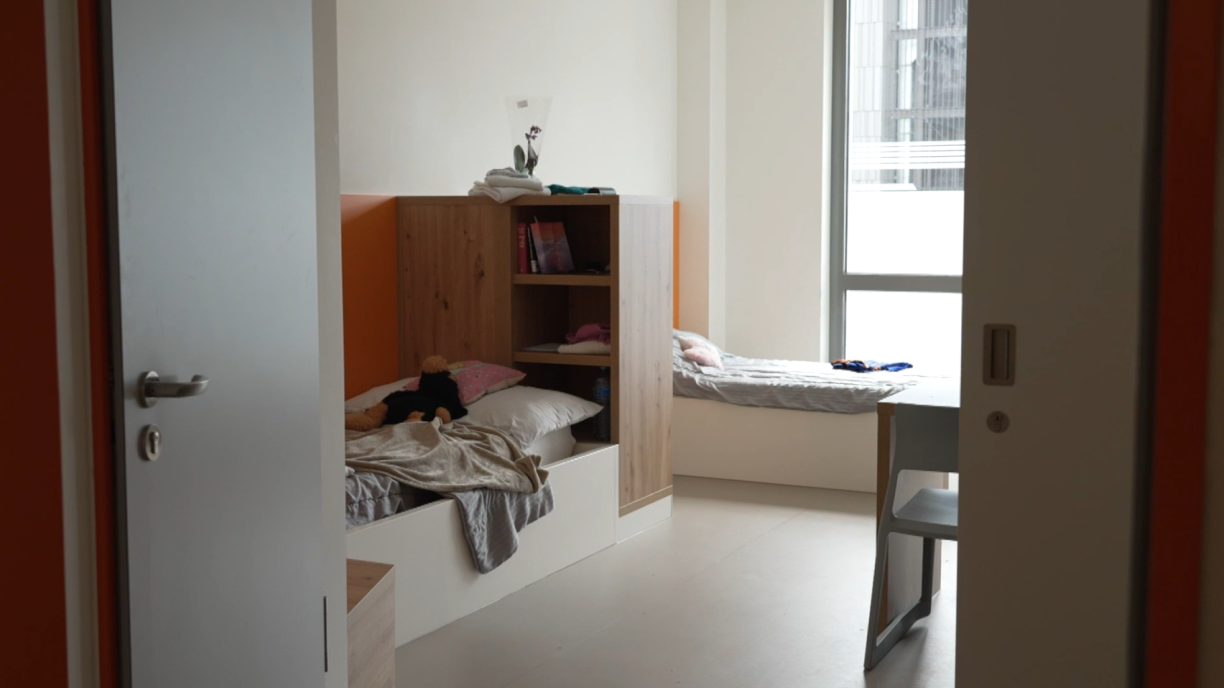
As psychiatric disorders among young people continue to rise, questions emerge about the underlying causes, potential solutions, and how to combat persistent societal prejudices.
The statistics paint a concerning picture: According to the World Health Organisation (WHO), one in five young people globally experiences mental health issues each year. In Luxembourg, the situation is equally troubling – 25% of patients receiving psychotherapeutic treatment are under 25 (Ministry of Health, 2024), and 14% of secondary school students reported having concrete plans for a suicide attempt at some point (HBSC survey, 2014).
During a visit to a youth psychiatric ward, our colleagues from RTL Télé spoke with Mia, a patient who has been receiving treatment for three months. She revealed that her struggles with suicidal thoughts began at just nine years old.
Recent data highlights the severity of the issue. Depression affects 20.8% of Luxembourg adolescents aged 11–18, according to the 2022 HBSC survey. Anxiety disorders are even more prevalent, with over a third of students (34.1%) exhibiting mild to severe symptoms. Girls are disproportionately impacted, with nearly half showing signs of anxiety and more than a quarter considered at risk for depression.
Youth psychiatrist Dr Christopher Goepel noted a shift in patient demographics: while boys once dominated psychiatric wards, girls have “now caught up”. Experts attribute this trend, in part, to the unique pressures girls face on social media – including constant comparison, demeaning comments, and cyberbullying.
According to Cathy Hoffmann of LëtzMind, an initiative by the Association of Luxembourg Psychology Students (ALEP), prevention must be the first priority in addressing youth mental health concerns. Hoffmann and fellow psychology student Lara Weydert visit secondary schools as part of their work with LëtzMind, aiming to combat mental health stigma and educate students about psychological well-being.
Weydert, who studies psychology in Trier, explained their motivation stems from the persistent taboo surrounding mental health issues, despite their prevalence among young people. The student volunteers believe their relatively young age helps them connect with teenagers more effectively, fostering open discussions that might not occur with older adults.
However, the students emphasise that awareness alone is not sufficient. They frequently observe that adults in students’ lives – including teachers, school administrators, and parents – often feel ill-equipped to handle mental health concerns. This lack of confidence can result in situations being minimised, mishandled, or addressed without appropriate sensitivity, potentially exacerbating problems.
For those seeking support, the Kanner-Jugendtelefon (KJT) provides confidential counselling services for children and young people.